Weekly Indices
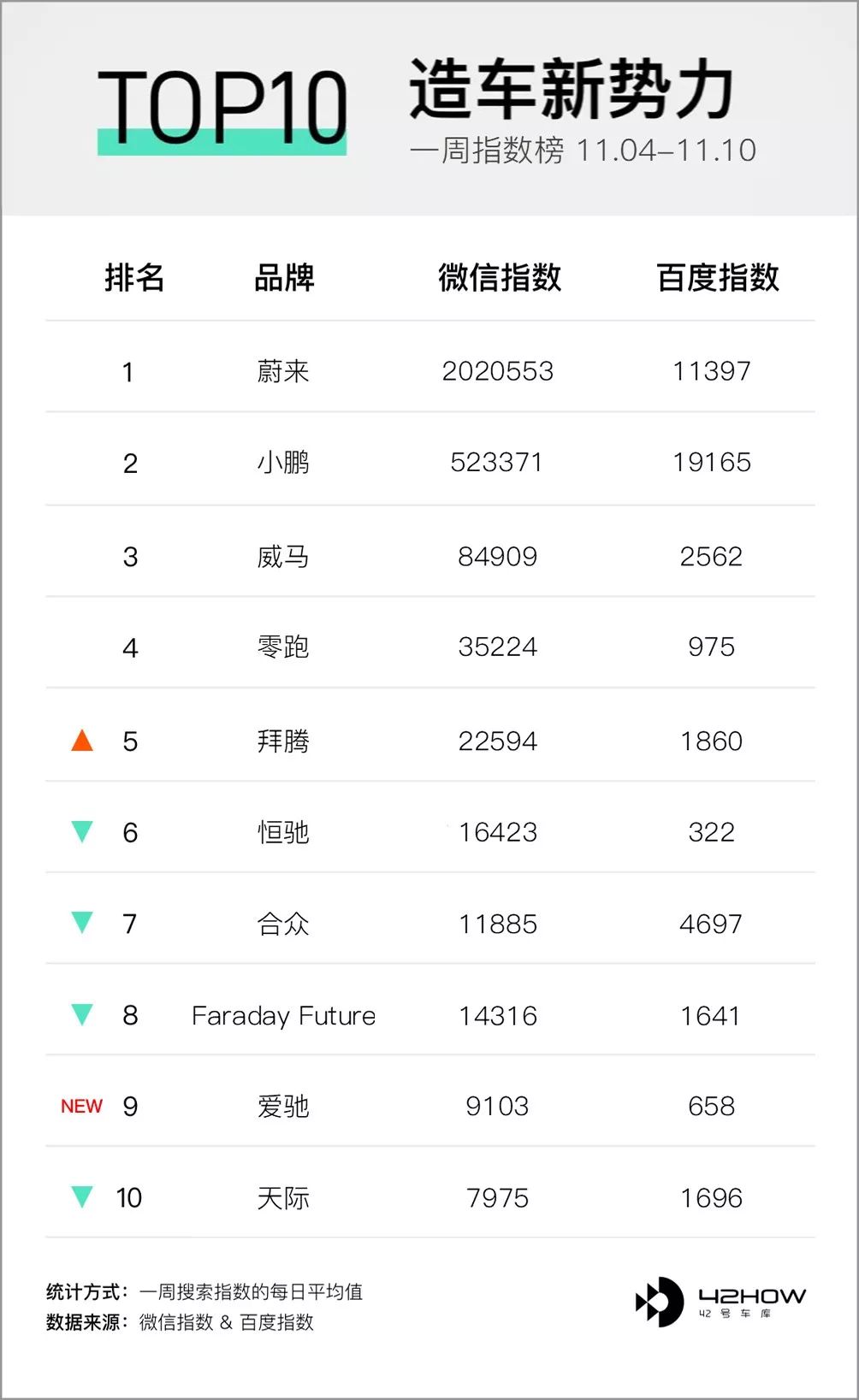
Weekly News
Tesla Cybertruck Confirmed to Launch on November 21
Elon Musk officially announced on Twitter that the Tesla Cybertruck will be launched on Nov. 21 near the “SpaceX rocket factory” in Los Angeles. This model, which was originally planned to be launched in the summer of this year, is finally about to debut as another flagship model for Tesla.
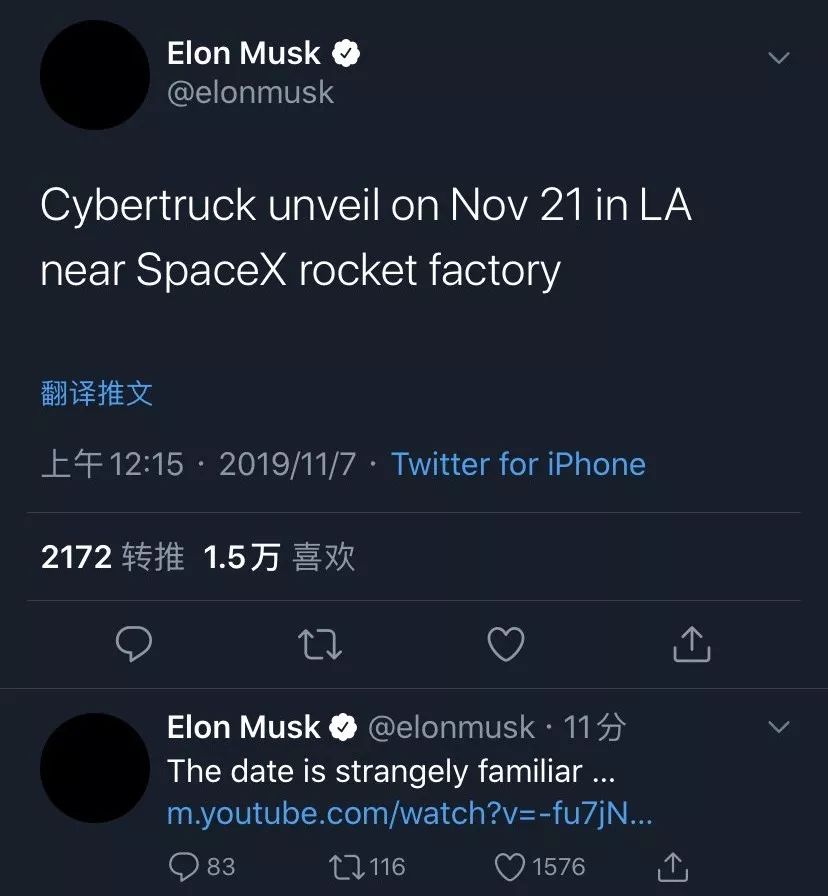
As early as 2013, Musk had the idea of developing an electric pickup truck to replace the F-150. Over the past six years, Musk has always mentioned the concept of an electric pickup truck intermittently, but has not provided too many specific details.
The currently known information is as follows:
-
Starting price of around $50,000;
-
The top model has a range of 640-800 kilometers;
-
Dual motor drive;
-
Towing capacity of 136 tons.
For this mysterious pickup truck, the only thing we know now is that teaser image that doesn’t show specific details.
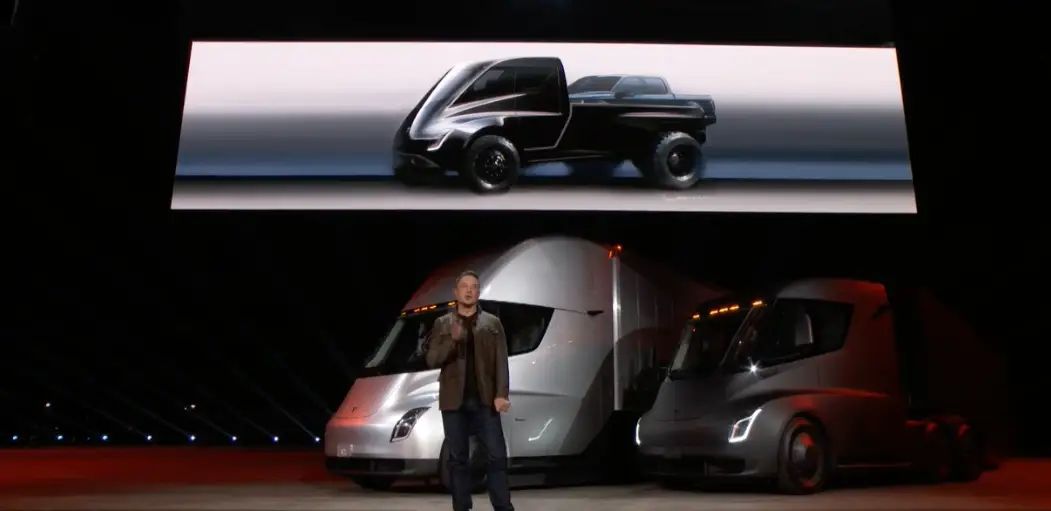
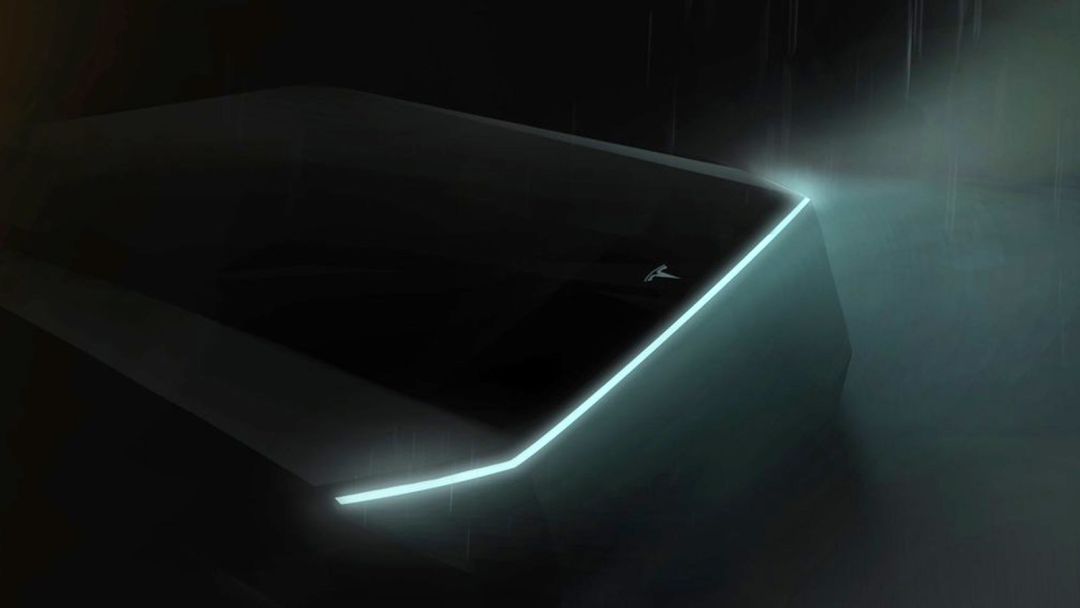
Quick Review: Every time Tesla releases a new vehicle, it triggers a sales war between traditional automakers and new forces in that segment. As a pickup truck that occupies an important position in the American automotive market, will it receive the same popularity after being electrified as electric cars and SUVs? It depends on the product strength of the pickup truck.
Let’s be honest, Tesla has always been surprising us from Model S to Model Y, and has always been a leader in its respective segments. However, the consumer group and usage scenarios for pickup trucks are more demanding. If Tesla’s pickup truck can satisfy the needs of these high-level consumers, undoubtedly, as a leader in the pure electric vehicle industry, Tesla will accelerate the world’s development towards sustainable energy.
Let us expect the coming of the Nov. 21 conference together!
NIO and Mobileye reached a strategic cooperation and jointly developed L4 level autonomous driving models
On the night of Nov. 5th, NIO officially announced that it had reached a strategic cooperation with the well-known autonomous driving solution provider Mobileye. The two parties will jointly develop L4 level autonomous driving models. Mobileye will purchase NIO special edition in batches for intelligent travel services.
NIO and Mobileye’s cooperation has a long history. Its ES8 is the world’s first mass-produced model equipped with the Mobileye EyeQ4 chip. This time, the two parties will deeply cooperate in the passenger car market and intelligent travel service field, and jointly build L4 level autonomous driving intelligent electric vehicle models on NIO’s second-generation platform. Mobileye is responsible for providing the leading Mobileye system chip and related software, while NIO is responsible for the development, integration, and mass production of vehicle-level autonomous driving systems.
Comment: The cooperation between NIO and Mobileye is indeed unexpected, as NIO used to boast that it is the only automaker with self-developed autonomous driving technology in the world (the other is of course Tesla). Today, NIO has formed an alliance with Mobileye and listed other global automakers’ alliance list in the announcement, which basically indicates that NIO will not focus on self-developed autonomous driving technology anymore. However, consumers need not worry. Mobileye is already an industry leader, and with Mobileye providing the software, people are more looking forward to NIO’s L4 autonomous driving technology.
BYD and Toyota partnership new progress: establishment of a joint venture company
On Nov. 7th, Toyota and BYD signed a joint venture agreement to establish a research and development company for pure electric vehicles. According to the announcement issued by BYD, the new company will be officially established in China in 2020, with Toyota and BYD each contributing 50%. The new company will carry out related businesses such as the design and development of pure electric vehicles, platforms, and components used in the vehicles.
The formation of the joint venture company this time further deepens the cooperation between the two parties. In July of this year, Toyota signed a cooperation agreement with BYD. At that time, the two companies stated that they would jointly develop pure electric car models for sedans and low-chassis SUVs, as well as power batteries required for the aforementioned products, but did not mention the establishment of a joint venture company.
Commentary: The cooperation between BYD and Toyota in the electric vehicle industry can be said to be complementary. BYD has accumulated years of experience in core technologies such as batteries and electric control, while Toyota is recognized as one of the world’s leading companies in terms of vehicle reliability. Faced with an increasingly fatigued global automotive market environment and the overall trend of the industry towards electrification, turning from competitors to partners is a wise move for both companies.
Mercedes-Benz EQC officially launched with a price range of RMB 579,800 – RMB 628,000
On November 8th, Mercedes-Benz officially released the EQC, the first model of its electric vehicle in China. The launch brings two models: EQC 400 4MATIC and EQC 400 4MATIC 1886 Limited Edition, with a suggested retail price of RMB 579,800 and RMB 628,000, respectively.

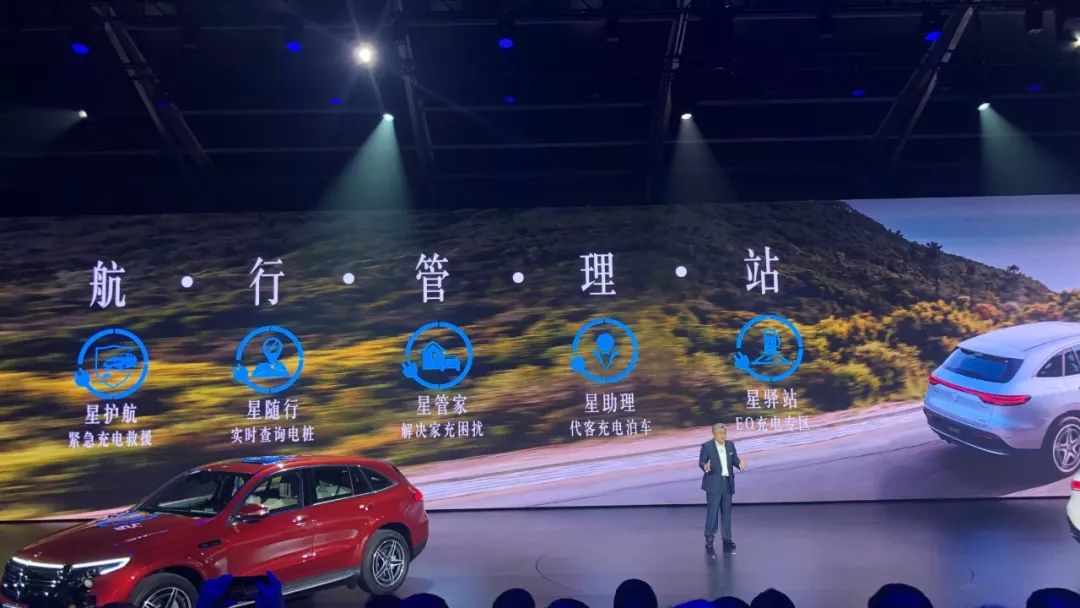
Customers who purchase the EQC enjoy the same preferential policies on vehicle purchase tax as other electric vehicles in China, as well as a national subsidy of RMB 16,000 for new energy.
In terms of power, the EQC is equipped with a full-time four-wheel drive system composed of two asynchronous motors, with a maximum combined power of 408 horsepower, peak torque of 730 Nm, and acceleration time of 0-100 km/h in 5.1 seconds.
In terms of battery capacity and range, the EQC is equipped with a 79.2 kWh battery pack, with NEDC comprehensive range of 415/408 km.
Commentary: Based on the power parameters, battery capacity, and range of the EQC, it can be considered mediocre. However, the highlight of this press conference is that Mercedes-Benz has released a series of services around charging for electric vehicle owners. With these comprehensive service guarantees, Mercedes-Benz electric vehicle owners can drive EQC to anywhere they want without too much range anxiety. However, the current price range is indeed quite “Mercedes-Benz”…
Hyundai Encino EV launched with NEDC range of 500 km, starting from RMB 172,800
On November 4th, the Beijing Hyundai ENCINO Angkino electric version was officially launched, with a post-subsidy price of 172,800-198,800 yuan. The new car retains the design style of the overseas prototype car, Hyundai KONA EV, and the power system is replaced with Ningde Times NCM 523 ternary lithium battery, with a larger capacity of 64.2 kWh than the overseas model: the NEDC cruising range can reach 500 kilometers.

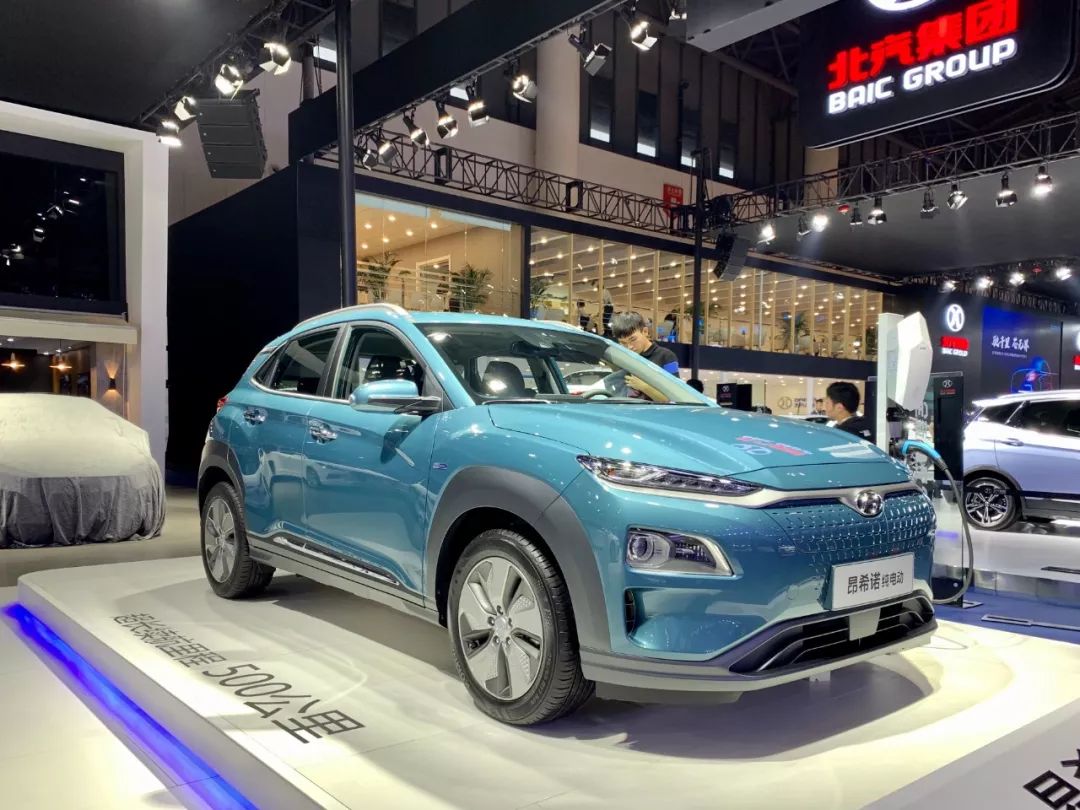
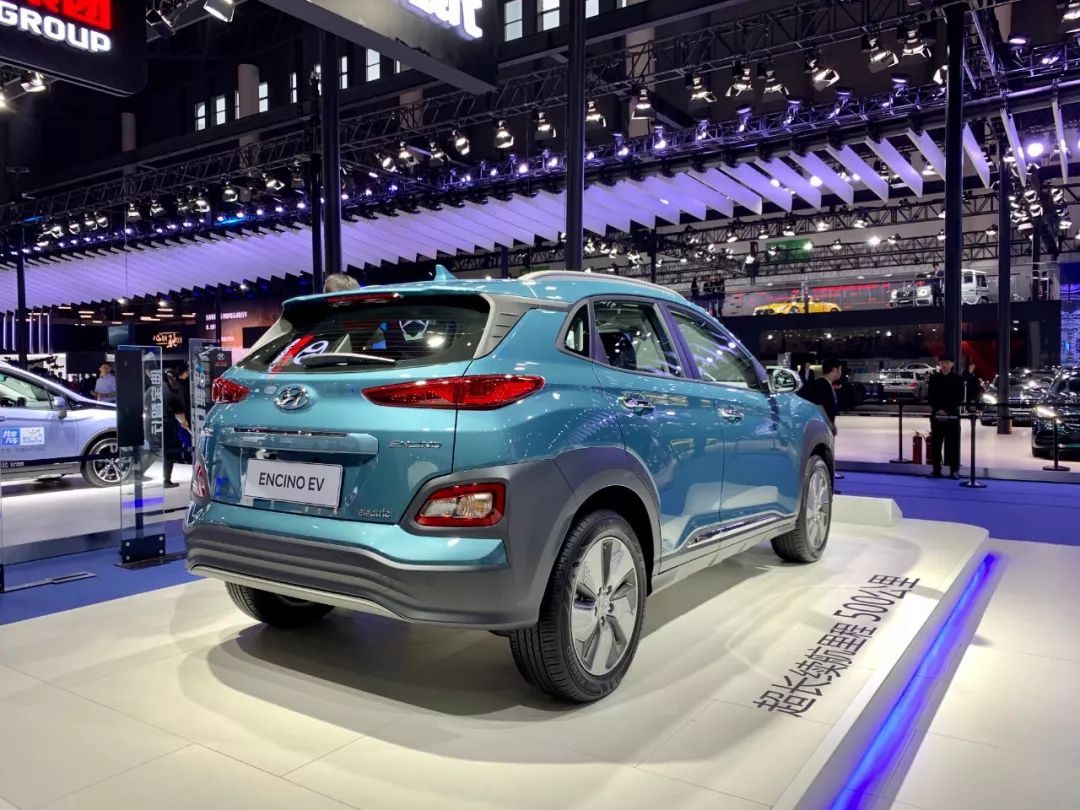
Quick comment: As we gradually approach the end of 2019, more and more joint venture brands are handing in their papers. In mid-October, Buick launched the Weilan with a NEDC cruising range of 410 kilometers. Now, Hyundai has also launched its first pure electric car, Angkino, and the surprise is that its NEDC cruising range has reached the mainstream level of 500 kilometers, and the price is also controlled within 200,000 yuan.
In fact, the overseas version of Hyundai Angkino, KONA, has been launched for a long time, and its cruising range is satisfying. What we are more concerned about is what level of intelligent development Angkino has reached?



This article is a translation by ChatGPT of a Chinese report from 42HOW. If you have any questions about it, please email bd@42how.com.

 *
*